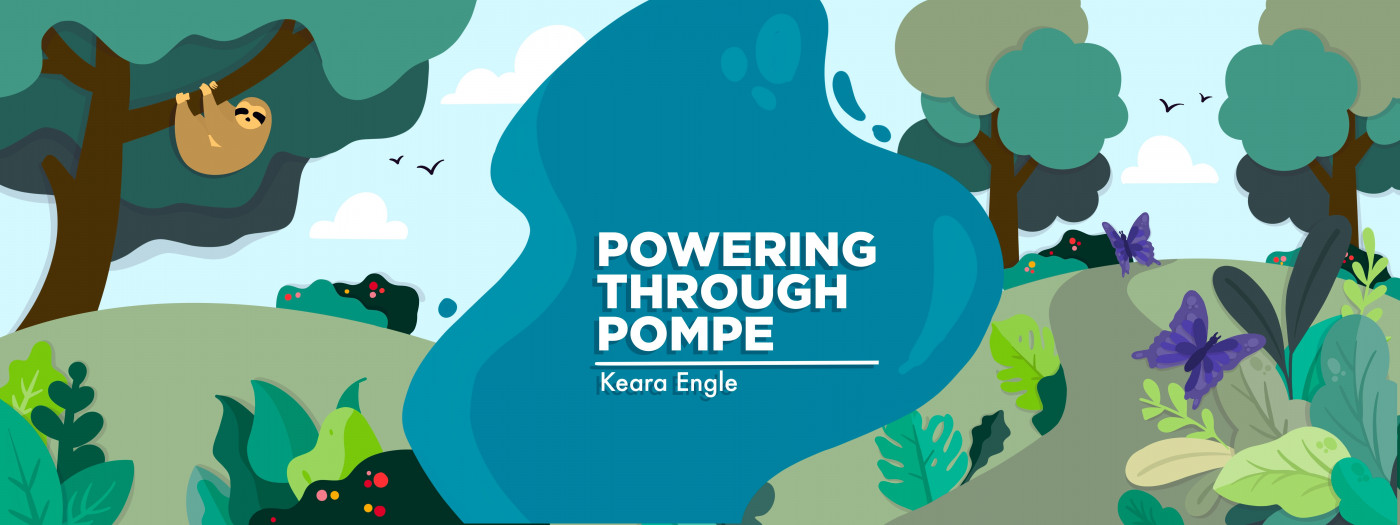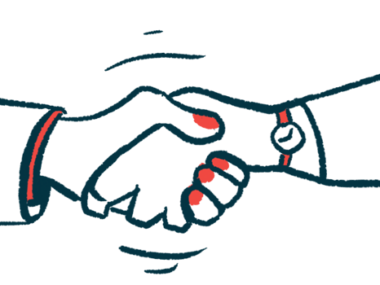Trying to Fit In as a Teenage Rare Disease Parent
Written by |

I was 16 when I had my son, Cayden, in 2018. Being a teen parent brought its own set of challenges. I had to leave public school and finish high school online. I also lost many friends, because most teenagers like to spend their weekends having fun, not cooped up in the house with a baby. However, when I learned about my son’s rare disease, things changed even more.
Cayden spent the first two and a half months of his life in the hospital. Not only were there visitor restrictions due to cold and flu season, but also the hospital was more than two hours away. So, we couldn’t have visitors for the first half of the stay. People said they would visit when they could, but that didn’t really happen once the visitor restrictions were lifted.
Only two close friends came to visit, which meant a lot to me! But seeing my friends made me miss the way our relationships used to be. I felt excluded from all of the activities and conversations they were taking part in back home.
Being the teen parent of a child with a rare disease has brought feelings of loneliness that I still don’t know how to deal with. Sometimes I feel like I don’t fit in.
Most teen parents don’t have to concern themselves about the rare disease aspect of things. They don’t have to worry about spending months in the hospital if their child gets sick. Meanwhile, I’ve watched my son be intubated due to pneumonia when he was sick, and I’ve seen him go into respiratory arrest in our own home. I also have to administer his breathing treatments and place him on the BiPap machine every night before bed so that he can breathe more easily. And then there are the tube feeds Cayden receives because he can’t eat orally.
I know that rare disease parents understand these things. I’m so grateful for our Pompe disease family, but most of them are a lot older than me. They already have dealt with the raging teenage hormones and all of the emotions that come them. And most of them have already reached a stable point in life and are settled. Their lives usually are pretty well figured out before they receive their child’s diagnosis. I realize this isn’t the case for everyone, but it seems that way for most of the folks I’ve met.
I was living at home with my mom when I was thrown into the rare disease world. I had to make the hard decision to leave home and move in with my older sister. My mom has four school-aged children at home, and I couldn’t risk them bringing a virus home to Cayden, who was immunocompromised at the time. My sister was happy to take us in, but I couldn’t help but feel like a burden as she went from living alone to having a teenager and a baby under her roof.
Cayden and I recently moved into an apartment of our own, and we love it! However, it gets pretty lonely. I can’t have Cayden around many people during this time of the year. His health is our main priority, and we just can’t risk him getting sick. I’d love to have friends come for a visit, but that can’t happen right now.
It’s been hard trying to find ways to fit into both of these categories of parenting. While I’ve experienced how stressful it is to become a parent at such a young age, I’ve also experienced how heartbreaking it is to have a child with an incurable rare disease. So far, I’ve only met one other teen mom who also has a son with infantile-onset Pompe disease. But I’m hoping as time goes by that I’ll be fortunate enough to find more!
***
Note: Pompe Disease News is strictly a news and information website about the disease. It does not provide medical advice, diagnosis, or treatment. This content is not intended to be a substitute for professional medical advice, diagnosis, or treatment. Always seek the advice of your physician or other qualified health provider with any questions you may have regarding a medical condition. Never disregard professional medical advice or delay in seeking it because of something you have read on this website. The opinions expressed in this column are not those of Pompe Disease News, or its parent company, Bionews, and are intended to spark discussion about issues pertaining to Pompe disease.




Leave a comment
Fill in the required fields to post. Your email address will not be published.